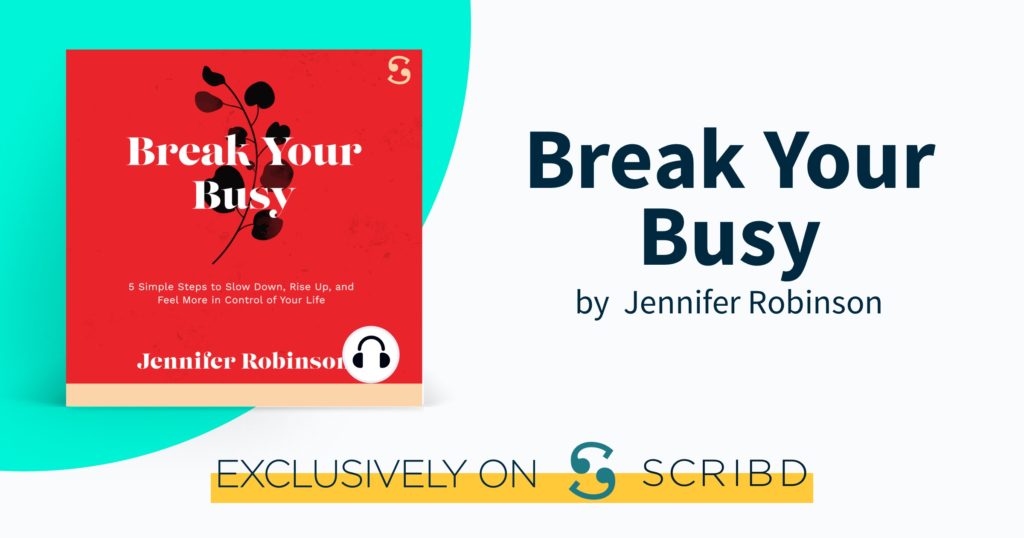“Fear of missing out (FoMo) is a unique term introduced in 2004 to describe a phenomenon observed on social networking sites. FoMO includes two processes; firstly, perception of missing out, followed up with a compulsive behavior to maintain these social connections.” source
While FoMO may have arisen in conjunction with social media, it has come to be used in many non-social media situations. Characterized by a feeling of exclusion from an activity or information, we have all had our “FoMoments,” sometimes causing us to feel invisible or unconsidered. Although FoMO may not be recognized as a mental disorder, it has consequences that can negatively impact both physical and mental health.
In this blog, we are going to explore FoMO as well as its counterpart, JoMO, the “joy of missing out.” We will discuss decision-making and the narratives that we have come to associate with FoMO and how we can just JoMO to start reclaiming our time in a truly, intentional, non-regrettable manner.
Social Media & Comparison
At its core, FoMO is about comparison and wanting to be “other” than where we are (location/activity-wise) or sometimes even extending to be “other” than who we are. Social media serves only to exacerbate these feelings.
Friends may be doing things and living lives with whom ours cannot compare (or so we perceive it) and thus, we feel we fall short. Often, in these comparisons, we neglect to weigh all the factors. Sure, they are taking a 3-week European vacation with their family, while our family may be enjoying a staycation in our hometown. We “forget” that those parents may have high-stress jobs that require travel and spending a great deal of time away from their families. Our family, on the other hand, may always have parents home in time for dinner and have time for other family activities. Additionally just because they are touring another country does not mean their vacation will be better than ours. It is just different.
“Comparison truly is the thief of joy.” Comparison robs us of happiness without taking stock of the lives of these subjects in their entirety. When we engage in these comparisons, we deny ourselves of the richness within our lives. We come to comparison out of scarcity and not of abundance. To be clear, I do not mean abundance as that of material riches and possessions but an abundance of those things that matter in our lives, things we value – such as freedom of time, presence of moments with our family, etc.

Discover COMMUNITIES hosted by our PLW experts and surround yourself with like-minded individuals looking to live a peace infused, healthy life.
Narratives
The story-telling and narratives associated with FoMO are where it may become toxic. Consider: a friend is having a party and everyone’s invited, but you have not received an invitation. Initial instinct may be to console yourself with, “Oh, I am sure it is on the way. She is so absent-minded” and you laugh it off. Days later, still nothing. Levity over a friend’s perceived oops becomes more internalized. Inner dialogue may now take a more upsetting turn – worry – “is it something I did?”, second-guessing – “are we not good friends? Why would she not include me?”, or even self-deprecation – “I know it’s me. I probably did or said something stupid. Why can’t I just be normal?!”
We are programmed for story as Brene Brown has always maintained. When there are clues that we need to put together, or pieces missing in a story, our mind and our history will fill them in. Often this is to our detriment. These comments are more about us and our fears than they are about the other person who has omitted us. FoMO here can lend itself to spiraling. In order to take the reins back, we have to open dialogue and speak to the other part. A perceived slight on the part of a friend can only be properly put to rest when an open conversation is had. Enter into it with no agenda, no defensiveness, and no judgment – just with pure curiosity.
Decision-Making & Regret
There will be instances when you are not invited to an event, and thus, there is no decision to be made as to attendance. However, how many of us have said “no” to an event simply because we “should” be present? We are there out of obligation. Perhaps it is something in which we have no interest. Granted, there are many obligatory attendances we have to endure as parents, family members, friends etc. to lend emotional support or celebrate, but there are countless others that we really don’t want to go to.
It is OK to say “no.” It’s OK to say, “yeah, that is not my thing.” It is OK for you to provide an alternate idea such as “once you all finish with X activity, I would be more than happy to meet up.” Trust in your relationships with others. Do not say yes, only to regret it later. Likewise, too, don’t say no to an activity because you are fearful that you are missing out on something better (FOBO -yes there is an acronym for that as well!).
JoMO: The Joy of Missing Out
JoMO is how we shift the power of FoMO. It is when we make the intentional decision to exclude ourselves and have peace in that decision. Instead of contending with anxiety about having to attend an event in order to maintain a relationship, JoMO allows us to find freedom in saying no, choosing ourselves over others, and embracing the present moment. “You do not need to compare your life to others but instead, practice tuning out the background noise of the “shoulds” and “wants”…JoMO allows us to live life in the slow lane, to appreciate human connections, to be intentional with our time…” source
Anxiety, as a whole, is predicated on the notion of taking you out of your present time – either you worry about the past or are concerned about the future. The same is true for the anxiety that arises with FoMO. It is not about saying no and still thinking about it but rather deciding you want to stay in tonight, maybe throw on some sweatpants, eat Chinese food and watch a movie as opposed to wine night with the girls. It is OK to want this time. JoMO gives you permission to have this time. This is not about isolation but about choice – knowing that when you wake up tomorrow and scroll IG and see pics of your friends from the night before, you can smile and move on – knowing you made the choice you wanted without regret or second thoughts.
Conclusion
This blog was not written with the intention of demonstrating that FoMO is a bad thing and should be avoided and instead, JoMO is to be embraced. FoMO can be beneficial when we perceive it as a motivating force. You see someone living a life you want, consider where you are now and what you need to get to that level – then take the steps to do so.
Do the emotional work as well – what is it about their lives that you desire? Do you compare yourself to them out of insecurity? From where does this stem? FoMO can thus lead you to greater psychological exploration and insight.
JoMO, as an alternative to FoMO, is about being comfortable with where we are and with who we are. In the same realm we include meditation and physical activity, JoMO is also another expression of self-care. It is about confidence in our decisions, presence with ourselves, intentionality and authenticity.

NEELMA PYFROM
Hi! I’m Neelma, a Certified Life Coach/Life Strategist specializing in helping teens and young adults (and the families who love them) deal with anxiety, depression, confidence, and motivation. Together, we negotiate the hardships of the adolescent years -learning the skills needed in order to help them become successful adults who have found their peace, purpose, and authenticity. I have a passion for time management and positive habit formation and love sharing everything I learn (forever student) with the folks I coach.
In my spare time, I enjoy running, meditating, reading, crossword puzzle-ing, and boating with my husband and our two girls and our furbaby.



